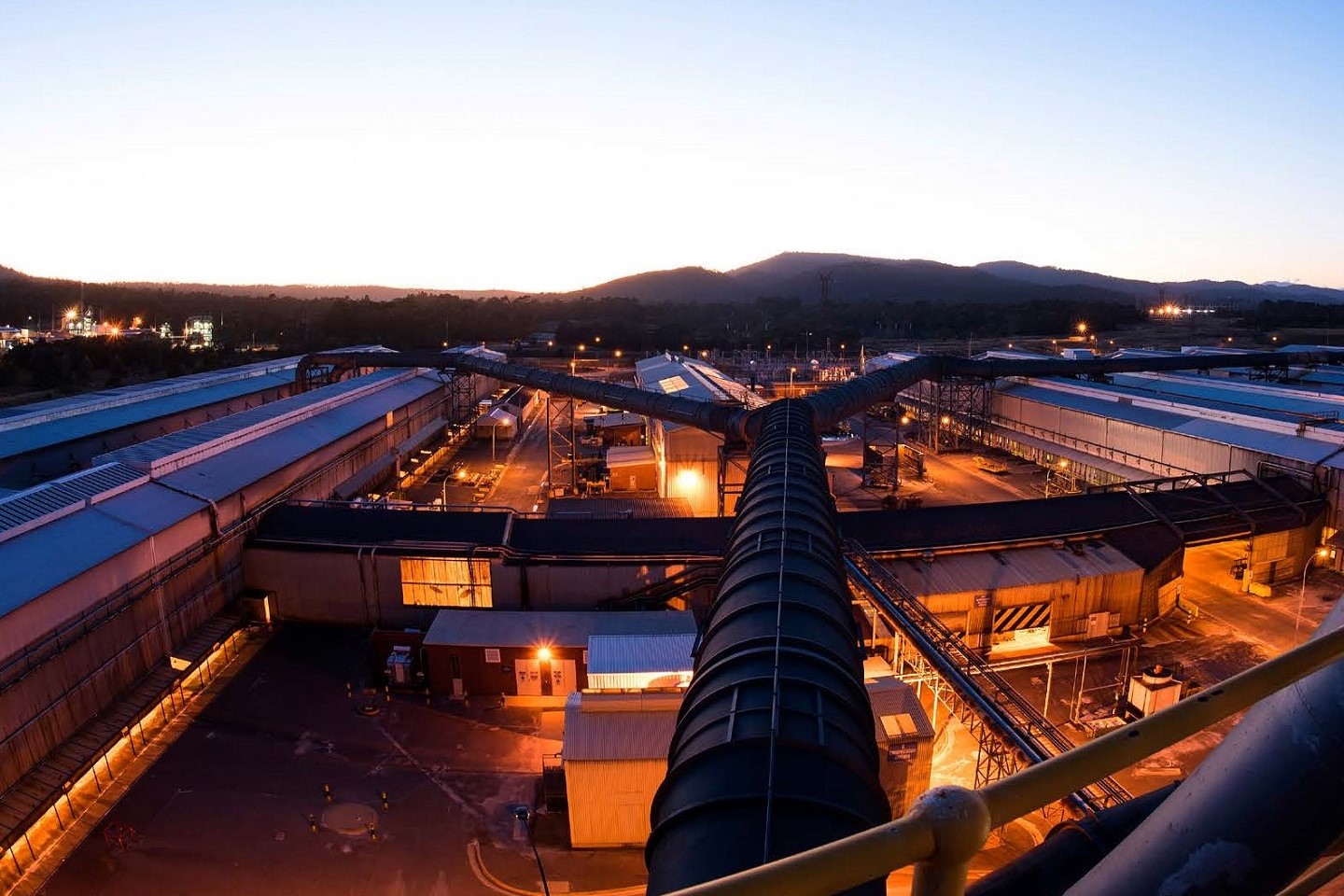ASX-listed Australian Bauxite’s 87 per cent-owned chemical refining subsidiary, Alcore may be on the cusp of turning aluminium smelter waste into treasure after producing aluminium fluoride samples from waste known as “dross” in recent test work. The Sydney-based company says the ability to recycle the waste by-product has the potential to significantly improve the base-line economics of producing aluminium fluoride in Australia.
Alcore hopes to become the first domestic supplier of aluminium fluoride – an essential ingredient in aluminium smelting – via the conversion of aluminium smelter waste and low-grade bauxite into aluminium fluoride using its proprietary technology. The company says it has now developed a two-stage process to produce aluminium fluoride from a combination of dross and aluminium hydroxide.
Australasian aluminium smelters rely entirely on imported aluminium fluoride, according to Alcore. Australian imports from China alone in the past 12 months have totalled more than 20,000 tonnes, averaging a purchase price of US$1,180 per tonne, it says.
Dross is a waste by-product that forms on the top of molten aluminium in casting furnaces. The company says many smelters carry significant stockpiles of dross that present an ongoing cost and environmental issue.
Alcore has been investigating dross as a possible feed material for the production of aluminium fluoride, given it can be obtained at relatively low cost.
Courtesy of its process, the company says it has managed to successfully produce several laboratory-scale samples of near-100 per cent aluminium fluoride that each have a chemical and physical composition comparable to typical commercial aluminium fluoride specifications. Chemical analysis was performed by CSIRO.
Based on its test work results, Alcore says the aluminium fluoride samples also contain significantly lower levels of impurities than the raw dross.
Alcore is looking to build its first commercial processing plant at the Bell Bay industrial precinct in northern Tasmania with an initial production capacity of 10,000 tonnes of aluminium fluoride a year.
As part of a mooted staged development, it may also contemplate the gradual addition of up to five production modules of similar size.
CAPEX for Alcore’s proposed first aluminium fluoride production module has been forecast at A$20 million, with construction and completion of the module pencilled in for some time next year.
Incorporating dross into the mix, Alcore estimates its average base-line operating costs of aluminium fluoride production decrease from A$1,080 per tonne to A$800 per tonne. That compares favourably, the company says, to the median long-term average China export price of US$1,175 per tonne or A$1,525 per tonne.
Aluminium fluoride prices have increased over the past six months to more than US$1,300 per tonne or A$1,700 per tonne.
Is your ASX-listed company doing something interesting? Contact: matt.birney@businessnews.com.au














